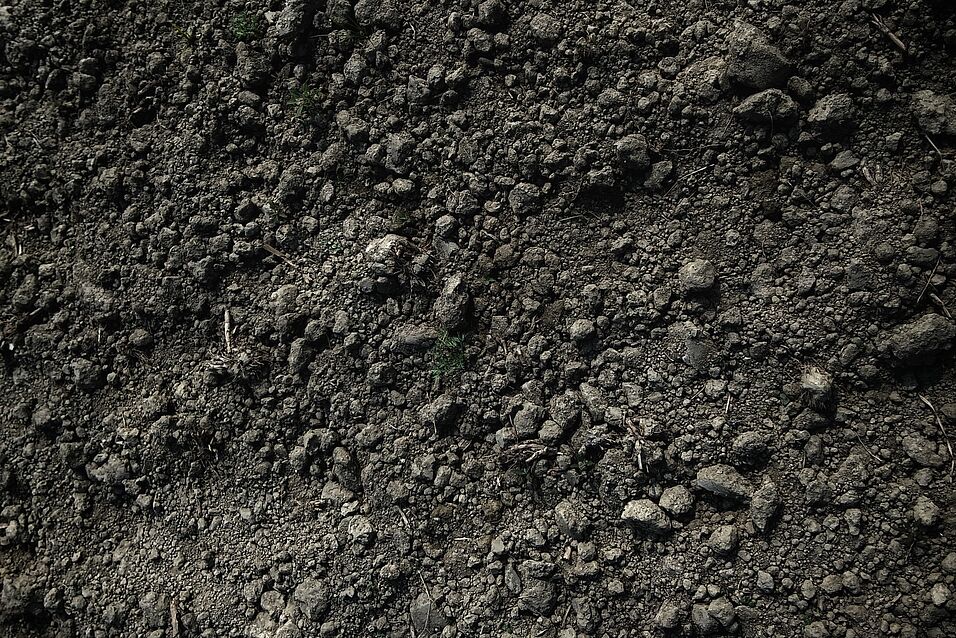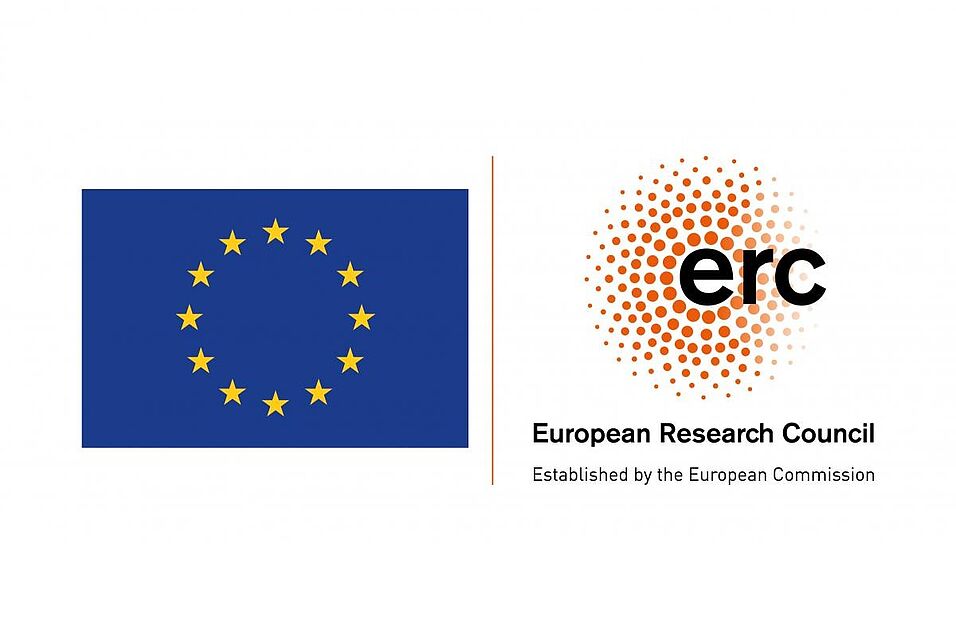Microbial decomposition of organic matter requires the concerted action of functionally different microbes interacting with each other in a spatially structured environment. From complex systems theory, it is known that interactions among individuals at the microscale can lead to an ‘emergent’ system behavior, or ‘self-organisation’, at the macroscale, which adds a new quality to the system that cannot be derived from the traits of the interacting agents. Importantly, if microbial decomposer systems are self-organised, they may behave in a different way as currently assumed, especially under changing environmental conditions.
The aim of this project is thus to investigate i) if microbial decomposition of organic matter is driven by emergent behaviour, and ii) what consequences this has for soil C and nitrogen cycling. Combining state-of-the-art methods from soil biogeochemistry, microbial ecology, and complex systems science I will:
- Investigate mechanisms of spatial self-organization of microbial decomposer communities by linking microscale observations from experimental microcosms to mathematical, individual-based modelling,
- Elucidate microbial interaction networks across the soil’s microarchitecture by linking microbial community composition, process rates and chemical composition of spatially explicit soil micro-units at an unprecedented small and pertinent scale.
- Explore fundamental patterns of self-organisation by applying the framework of complex systems science to high-resolution spatial and temporal data of soil microstructure and process rates.
Funded by an European Research Council Consolidator Grant (819446)
Project Start: May 2019
I am currently looking for motivated PhD students, PostDocs and a scientific programmer, for more details see here.
Investigated by:


